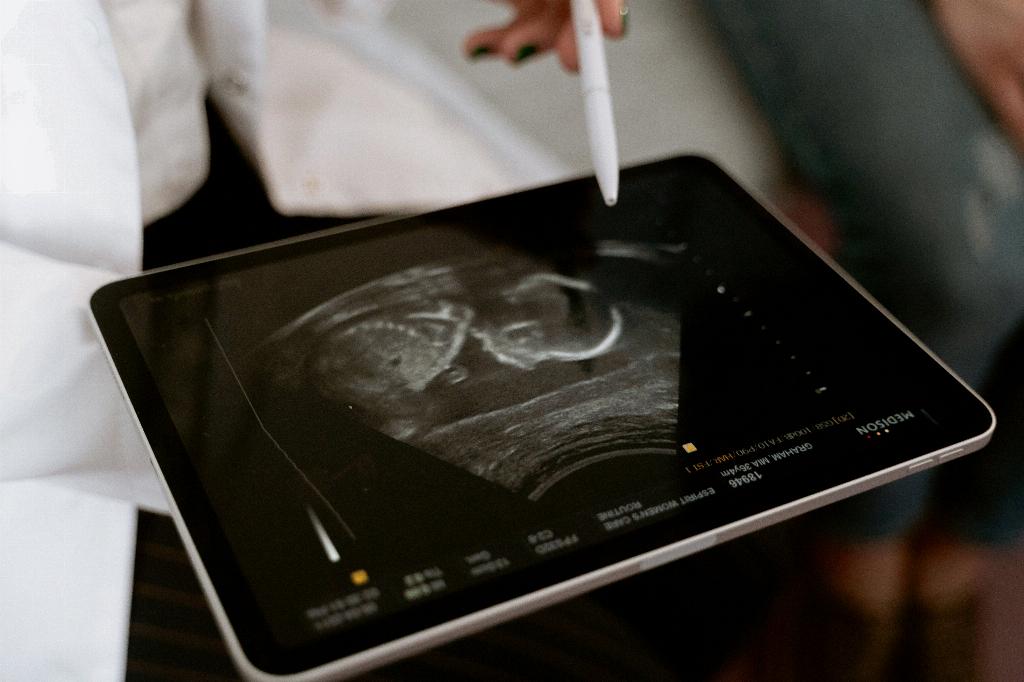When it comes to the impact of burdock root on a fetus, it’s crucial to delve into the nuances of this herb and how it can potentially affect pregnancy. While burdock root is known for its various health benefits, including its role as a natural detoxifier and its ability to support liver function, its effects on pregnant women and their developing fetuses can be a cause for concern.
Potential Stimulating Effects on the Uterus
One significant consideration when it comes to burdock root during pregnancy is its potential to stimulate the uterus. This stimulating effect can lead to contractions in the uterus, which may increase the risk of premature delivery. While the likelihood of burdock root directly causing premature delivery is low, the potential risk should not be overlooked.
Avoiding Burdock During Pregnancy
Due to the stimulating nature of burdock root and its possible impact on the uterus, it is generally recommended that pregnant women avoid consuming burdock in any form during their pregnancy. This includes avoiding burdock as a food ingredient, in herbal teas, or as a dietary supplement.
Complex Considerations for Pregnant Women
Pregnant women must consider various factors when it comes to the consumption of burdock root. These factors range from the amounts of burdock consumed through different sources, such as food or supplements, to the potential interactions that burdock may have with medications or other herbs.
Risks of Premature Delivery
While the risks of burdock root causing premature delivery are relatively low, the potential consequences of premature birth are significant. Premature babies may face various health challenges and require intensive medical care following their birth.
Consulting Healthcare Providers
It is essential for pregnant women to consult with their healthcare providers before consuming any herbal remedies, including burdock root. Healthcare providers can offer personalized advice based on the individual’s health status, medical history, and specific needs during pregnancy.
Alternative Pregnancy-Safe Options
For pregnant women who are looking for alternative ways to support their health during pregnancy, there are various pregnancy-safe options available. These options may include eating a balanced diet, engaging in gentle exercises, getting adequate rest, and taking prenatal vitamins as recommended by healthcare providers.
Understanding Herbal Interactions
Herbs like burdock root can interact with medications or other herbs that pregnant women may be using. These interactions can have unintended effects on both the mother and the developing fetus, underscoring the importance of informed decision-making and consultation with healthcare providers.
Monitoring Potential Side Effects
While burdock root is generally considered safe for most people when consumed in appropriate amounts, pregnant women may be more sensitive to its effects. Monitoring for any potential side effects or adverse reactions is crucial to safeguard the health and well-being of both the mother and the fetus.
Empowering Informed Choices
By staying informed about the potential effects of burdock root on the fetus and being proactive in seeking guidance from healthcare providers, pregnant women can empower themselves to make informed choices that prioritize the safety and health of their pregnancy.
Final Thoughts
While burdock root offers various health benefits for many individuals, its potential impact on pregnant women and their fetuses requires careful consideration. Pregnant women should exercise caution and prioritize the guidance of healthcare providers to ensure a safe and healthy pregnancy journey.

